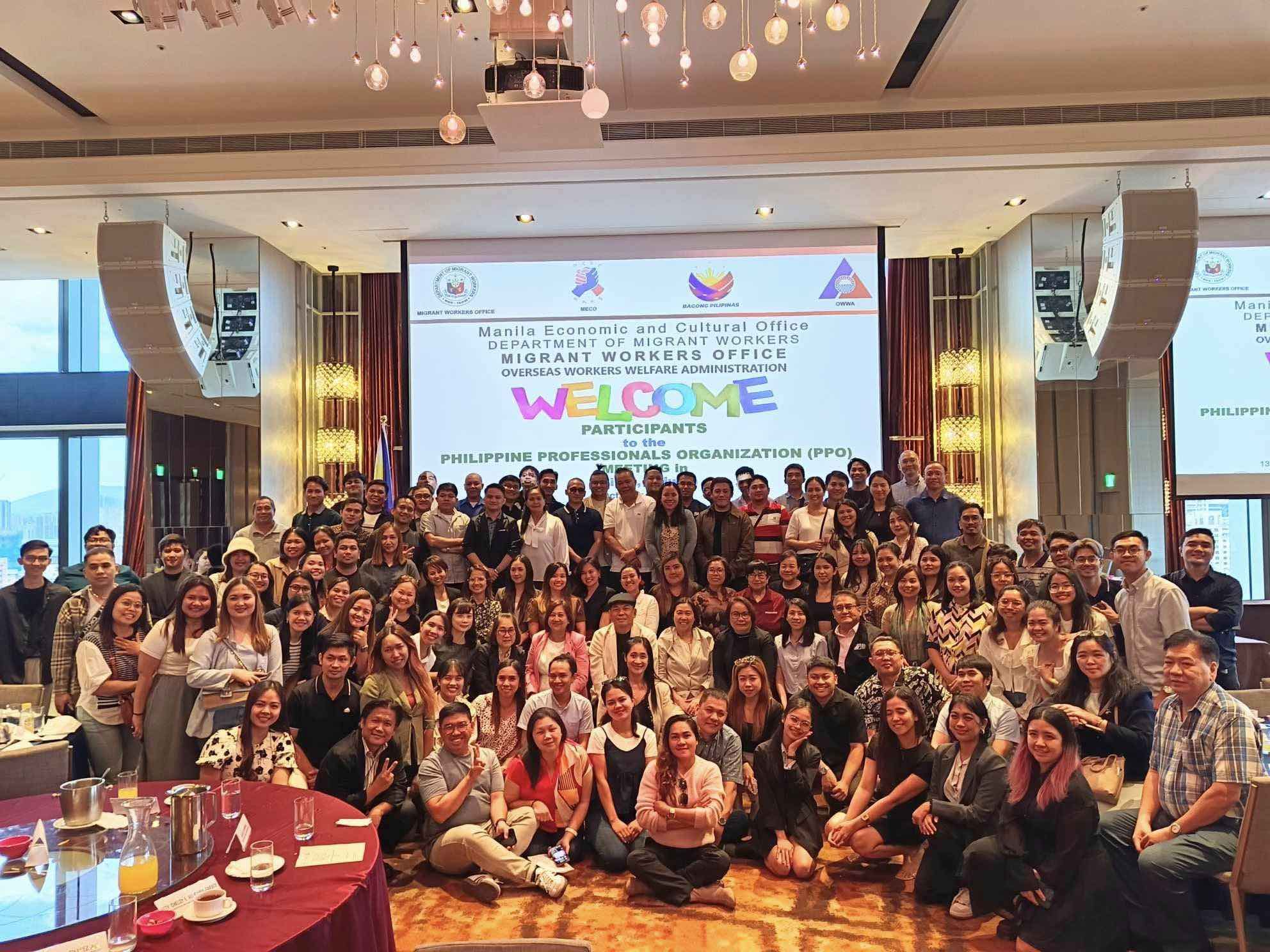Working as an Overseas Filipino Worker (OFW) in Taiwan brings both opportunities and challenges. Beyond official government help, a robust network of local non-governmental organizations (NGOs) and Filipino communities provide invaluable support — offering assistance that’s not just practical, but profoundly human.

Ugnayan Centers by Maryknoll: Compassion in Action
Most OFWs might think of shelters as distant or hard to access—but Taiwan is home to two Ugnayan Centers (run by the Maryknoll Society), offering Shanghai‑style warmth and practicality. Located in Taipei and Taichung, they provide training in essential skills like carpentry, electronics, dressmaking, and basic Mandarin. These centers also offer leadership workshops, counseling, and crisis support — helping OFWs build confidence and connections beyond the workplace.
Filipino Social Hubs: “Ugnayan” and Serve the People Association
Outside formal shelters, Filipino-led groups like Ugnayan and the Serve the People Association (SPA) foster community through outreach, Filipino-style solidarity, and social protection. These groups organize gatherings, offer a safe space for advice, and act as sounding boards for someone navigating life far from home. Whether it’s a friendly chat or a helping hand, these associations make Taiwan feel more like a second home.
Philippine Professionals Organization (PPO): Building Futures
For OFWs looking to grow their careers in Taiwan, the Philippine Professionals Organization (PPO) is a beacon of opportunity. Founded in 2024, PPO brings together Filipino engineers, educators, medical workers, and other professionals. With subgroups like UFEAT (United Filipino Educators Alliance in Taiwan) and FEAT (Filipino Engineers Association in Taiwan), it hosts skill-building workshops, networking events, and mentorship programs. As one OFW put it: “I got invited to a skills workshop that helped me repackage my resume — just in time for a job opening in a higher‑paying role.”

Little Manila in Taipei: A Taste of Home
Sometimes the most caring support is as simple as savory food and familiar smiles. In Taipei’s Zhongshan district, Little Manila brings together sari-sari stores, grocery shops, remittance centers, cargo services, and karinderyas. Craving halo-halo or pancit? Little Manila has you. It’s where home meets heart, especially when you’re feeling a patch of homesickness creeping in.
Humanitarian Networks: Caritas & Tzu Chi
When emergencies strike—whether emotional, medical, or disaster-related — OFWs can turn to broader humanitarian groups:
- Caritas Taiwan (migrant desk): Offers counseling, case management, help with detention cases, legal support, and repatriation assistance. (Note: While the direct citation for Caritas is not on OFWs, it was in general NGO context, but widely known for migrant services.)
- Tzu Chi Foundation: A well-known Taiwanese NGO offering disaster relief, free medical clinics, long-term rebuilding, and community volunteer programs. When typhoons, earthquakes, or public crises occur, their presence can save lives and ease trauma.
Refugee and Disaster Relief: CARES
The Chinese Association for Relief and Ensuing Services (CARES) may not target OFWs specifically, but its commitment to forced migration cases, refugees, and disaster aid makes them a valuable ally—especially when situations escalate beyond individual control.
Worker Networks: Unions & Migrant Rights Advocates
For systemic issues like exploitation or workplace abuse, part of the answer lies in collective strength:
- Migrant worker bodies such as TIWA (Taiwan International Workers Association) and KASAPI, now part of the broader Migrant Empowerment Network in Taiwan, have pushed for bilingual services, better labor conditions, and protection against broker abuse. In December 2023, these groups marched to demand improved services and transparency.
Why These Networks Matter
| Resource | What They Offer | Why It Matters to OFWs |
| Ugnayan Centers (Maryknoll) | Training, counseling, shelter | Skills and emotional support for empowerment |
| Serve the People / Ugnayan | Community support, social integration | Safety net and belonging |
| PPO & subgroups | Professional growth, network | Career advancement and peer mentorship |
| Little Manila | Cultural comfort, goods | Emotional respite—like a piece of home |
| Caritas Taiwan | Crisis counseling, migrant aid | Human-centered legal and welfare support |
| Tzu Chi Foundation | Disaster relief, free clinics | Lifeline during emergencies |
| CARES | Refugee and disaster response | Additional disaster assistance when needed |
| Worker Unions & Networks | Rights advocacy, services | Collective power for legal and workplace protection |
Frequently Asked Questions
- Can OFWs in Taiwan access free legal help from NGOs?
Yes. Organizations like Caritas Taiwan and the Taipei Women’s Rescue Foundation provide legal counseling and assistance, especially for cases involving abuse, trafficking, or labor disputes. - Are there shelters or safe spaces for OFWs in distress?
Yes. The Ugnayan Centers (Maryknoll) in Taipei and Taichung offer shelter, counseling, and training programs, while other migrant networks can connect workers to safe accommodations. - Do NGOs in Taiwan also provide skills training?
Absolutely. Many groups, including Ugnayan Centers and the Philippine Professionals Organization, organize training workshops in language, leadership, and technical skills for OFWs. - How can I contact these groups if I need help?
Most NGOs are active on Facebook or have hotlines listed in MECO/OFW community pages. For emergencies, combine official hotlines (like MECO-ATN) with NGO contacts for faster support.
Final Thoughts
Government offices and official resources are critical—but local NGOs and Filipino-led communities offer a different kind of strength: empathy, shared identity, and practical help born from lived experience. They bridge the gap between formal services and everyday survival, offering not just aid, but genuine connection.
In moments of crisis or calm, these organizations and groups stand as reminders: no matter how far from home you are, you’re not alone.
